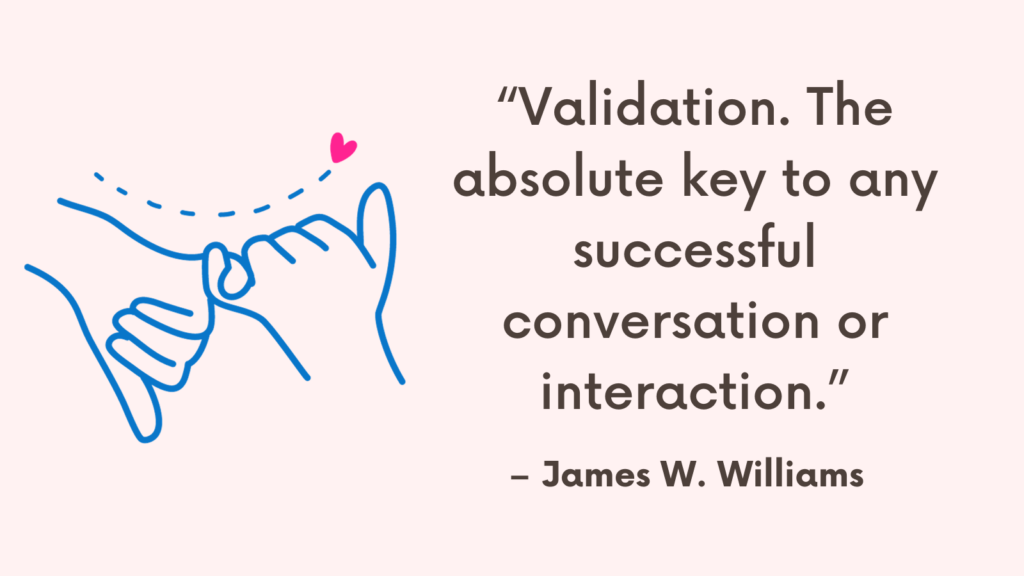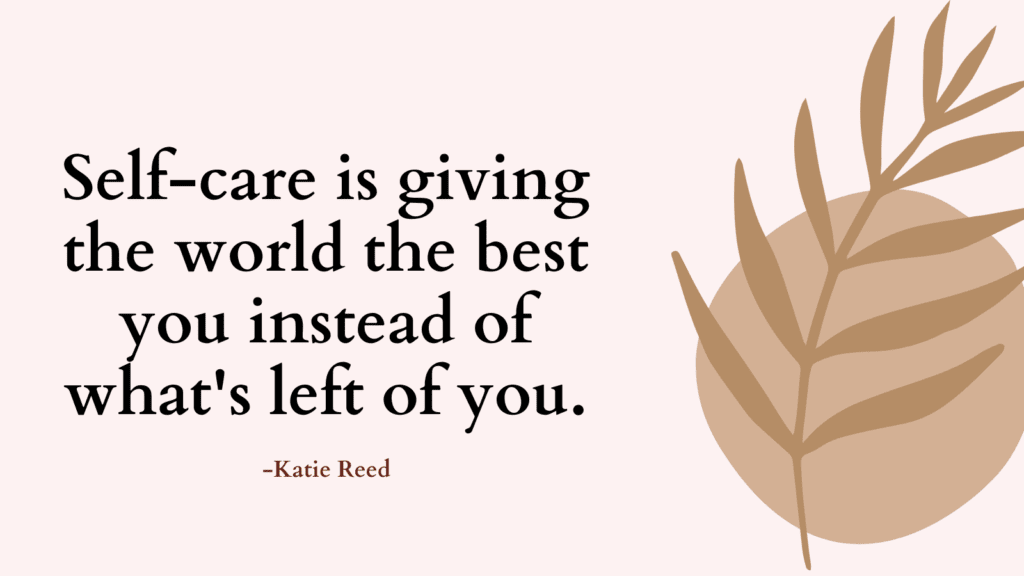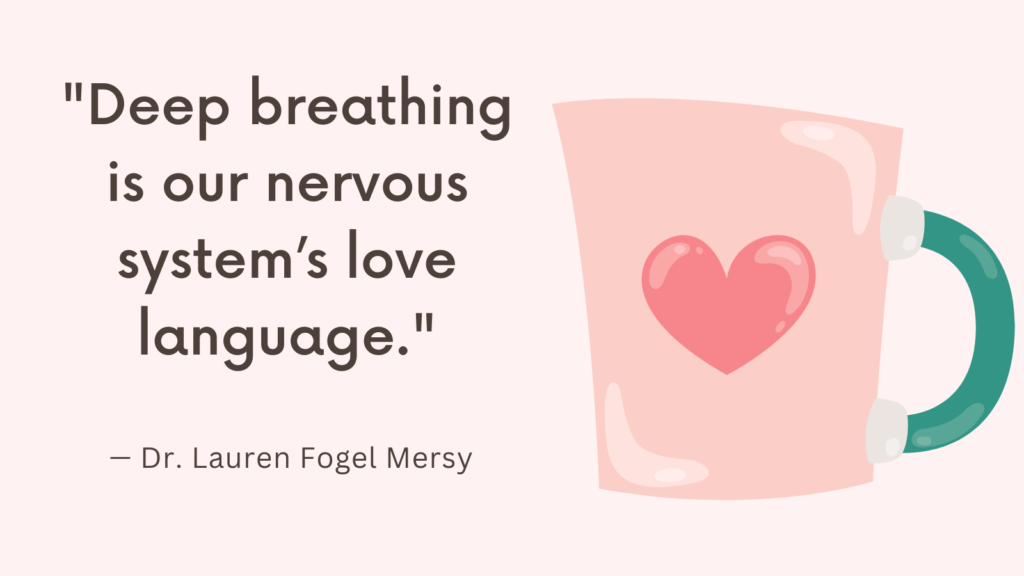This post includes “Am I Sabotaging My Relationship Quiz.”
Am I Sabotaging My Relationship Quiz
Results
#1. Are you overly critical of your partner, frequently finding fault in their actions or characteristics?
#2. Do you often find yourself dismissing or minimizing your partner’s feelings or experiences?
#3. Are you reluctant to communicate openly and honestly with your partner, avoiding important conversations or withholding information?
#4. Do you frequently prioritize personal interests or activities over spending quality time with your partner?
#5. Are you quick to become defensive or engage in verbal attacks when conflicts arise in your relationship?
#6. Do you struggle to offer genuine support and encouragement for your partner’s goals and aspirations?
#7. Have you noticed a pattern of passive-aggressive behavior or the use of manipulation tactics in your interactions with your partner?
#8. Do you often compare your partner unfavorably to others or idealized standards, leading to feelings of dissatisfaction?
#9. Have you exhibited behaviors or attitudes that erode trust and emotional safety within the relationship, such as dishonesty or betrayal?
We will not sell your information. All results are kept confidential.
This quiz is for informational purposes only. It is not meant as a diagnostic or assessment tool.
Results
The questions above represent common signs you may be sabotaging your relationship.
Related: Relationship Red Flags Quiz
10 Tips on How to Cultivate a Healthy Relationship
1. Prioritize Open and Honest Communication:
– Practice active listening to fully understand your partner’s perspective and experiences.
– Express your thoughts, feelings, and needs in a clear and respectful manner.
– Create a safe and non-judgmental space for open dialogue and emotional expression.
2. Foster Trust and Transparency:
– Be consistent and reliable in your words and actions to build trust over time.
– Avoid keeping significant information or decisions from your partner, promoting transparency in the relationship.
– Address any breaches of trust promptly and openly, and work together to rebuild trust if necessary.
3. Cultivate Empathy and Understanding:
– Seek to understand your partner’s emotions, experiences, and challenges with compassion and empathy.
– Acknowledge and validate your partner’s feelings, even when you may not fully agree with their perspective.
– Practice empathy by considering your partner’s needs and responding with care and understanding.
Related: Emotional Intimacy Test (+13 Tips On How To Increase Emotional Intimacy In A Relationship?)
4. Nurture Emotional Intimacy:
– Engage in meaningful conversations that deepen your emotional connection and strengthen intimacy.
– Share your vulnerabilities, fears, and joys with your partner to foster emotional closeness.
– Prioritize quality time together to nurture intimacy through shared experiences and heartfelt interactions.
5. Support Each Other’s Growth and Well-Being:
– Encourage and support your partner’s personal and professional endeavors, celebrating their achievements and milestones.
– Show genuine interest in your partner’s goals and aspirations, offering encouragement and assistance when needed.
– Prioritize self-care and well-being individually and as a couple, recognizing the importance of balance and personal growth.
6. Practice Conflict Resolution Skills:
– Approach conflicts with a focus on understanding and finding mutually beneficial solutions.
– Use “I” statements to express your feelings and concerns during disagreements, avoiding blame or criticism.
– Learn to compromise and negotiate effectively, seeking common ground while respecting each other’s perspectives.
Related: Best 100 Let’s Get Deep Questions for Couples
7. Maintain Physical and Emotional Connection:
– Prioritize physical affection, such as hugs, kisses, and intimate gestures, to reinforce emotional bonds.
– Engage in activities that promote shared enjoyment and create positive memories together.
– Continuously express love and appreciation for your partner through verbal affirmations and meaningful gestures.
8. Set and Pursue Shared Goals:
– Identify common goals and aspirations as a couple, whether they are related to family, career, hobbies, or personal development.
– Collaborate on creating a vision for your future together, outlining shared values and priorities.
– Celebrate achievements and progress towards shared goals, fostering a sense of unity and partnership.
9. Manage External Stressors Together:
– Work as a team to navigate external stressors and challenges, supporting each other during difficult times.
– Communicate openly about stressors and seek solutions collaboratively, rather than individually bearing the burden.
– Recognize the impact of external factors on your relationship and address them as a unified front.
Related: How To Save Your Relationship From A Breakup? 5 Steps To Strengthen Your Relationship
10. Seek Professional Support When Needed:
– Be proactive in seeking couples therapy or relationship counseling when facing persistent challenges or crises.
– Engage in therapy as a tool for growth and improvement, not solely as a means of crisis intervention.
– Approach therapy with an open mind and willingness to engage in introspection and change.

Conclusion
Building and maintaining a strong, fulfilling relationship requires intentional effort, effective communication, mutual respect, and ongoing commitment.
By implementing these tips, you can foster a positive and supportive connection with your partner.







